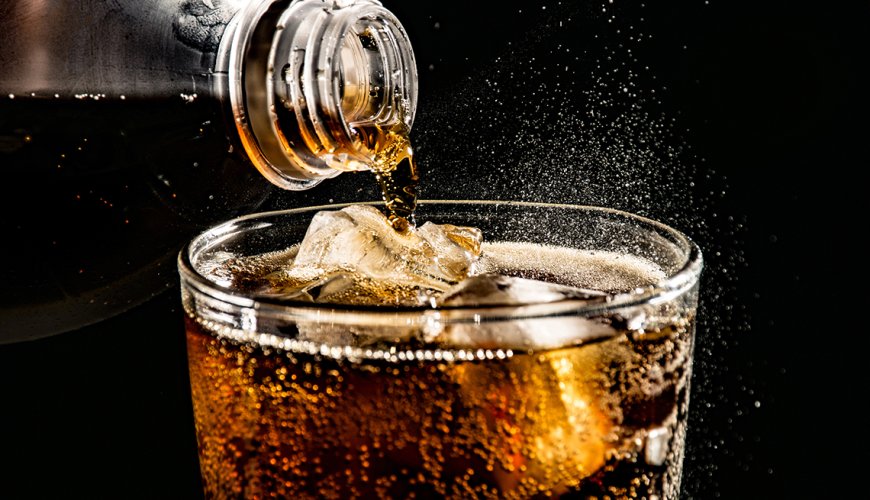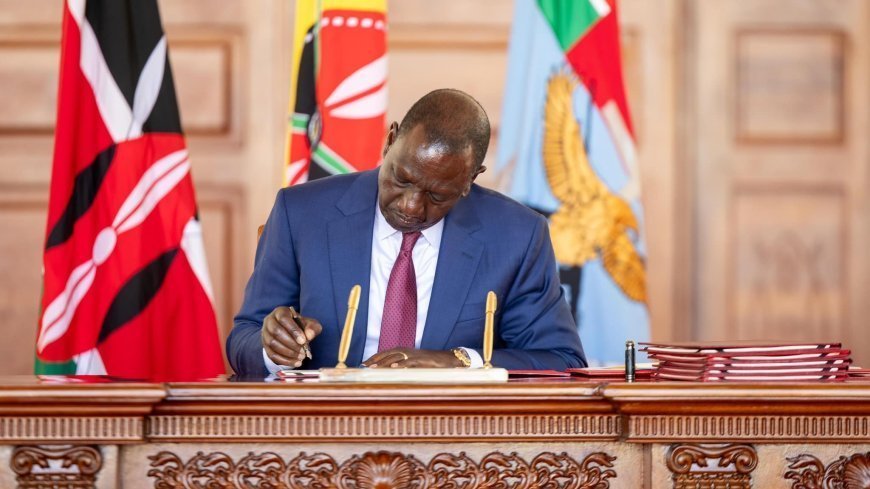Sodas Targeted In Proposed 'Health Promotion Levy'
Kitur presented the proposed Health Promotion Levy to the National Assembly's Finance Committee during public hearings on the 2025 Finance Bill.

Nandi Hills Member of Parliament (MP) Bernard Kitur has tabled a proposal to introduce a tax on sugary drinks as a measure to boost public health.
On Thursday afternoon, May 29, Kitur presented the proposed Health Promotion Levy to the National Assembly's Finance Committee during public hearings on the 2025 Finance Bill.
The proposed tax specifically targets the soft drinks sector, aiming to cut down sugar intake, push companies to develop healthier products, and raise government revenue.
The term "soft drink" is often used as a broad category encompassing various non-alcoholic, carbonated beverages. They include lemon-lime drinks, orange soda, cola, grape soda, cream soda, ginger ale and root beer.

Nandi Hills Member of Parliament Benard Kitur. /BENARD KITUR
Kitur argued that the levy would motivate manufacturers to reduce sugar levels in their beverages while also generating funds to support health awareness initiatives and school nutrition programs.
"The increasing consumption of sugar-sweetened beverages in Kenya has contributed significantly to rising cases of obesity, diabetes, and other non-communicable diseases," Kitur said.
"To mitigate this public health crisis, we propose the introduction of the Health Promotion Levy in the soft drinks industry. This levy aims to reduce sugar consumption, encourage healthier product reformulation, and generate revenue to support public health programmes."
Under the proposed plan, any sugary drink containing more than 4 grams of sugar per 100 millilitres would incur a tax, with locally produced beverages charged Ksh1 for each additional gram per 100 millilitres.
For imported sugary drinks, the tax would be higher—Ksh2 for every gram exceeding the 4-gram threshold per 100 millilitres.
However, the proposal exempts fruit juices with no added sugar and dairy-based drinks that are at least 75 per cent milk from the levy.
Kitur suggested that the revenue generated from the Health Promotion Levy should be allocated to school feeding programs and public health education initiatives.
"The introduction of the soft drinks industry Levy will significantly contribute to improving the health of Kenyans while promoting responsible industry practices. We urge Parliament to pass this proposal in the interest of public health and economic sustainability," Kitur stated.







